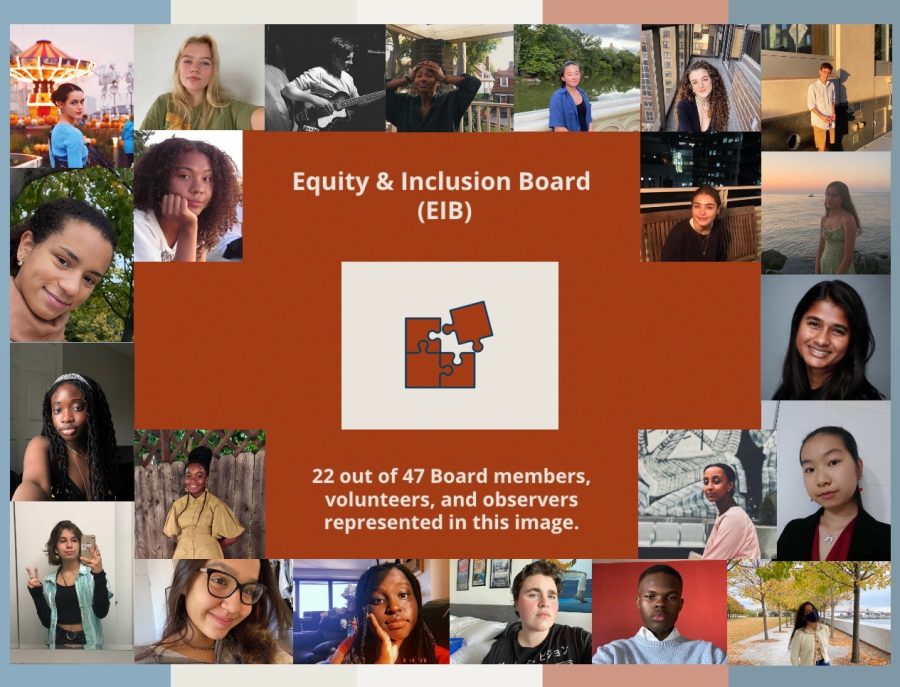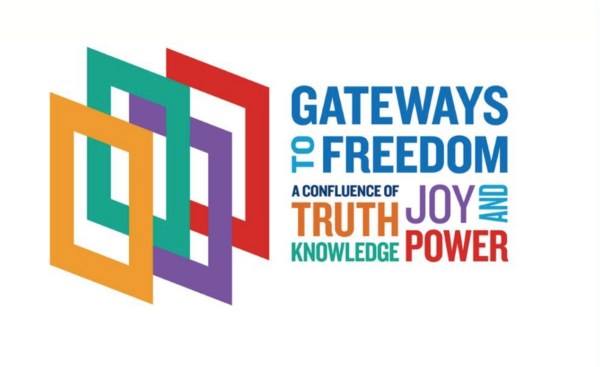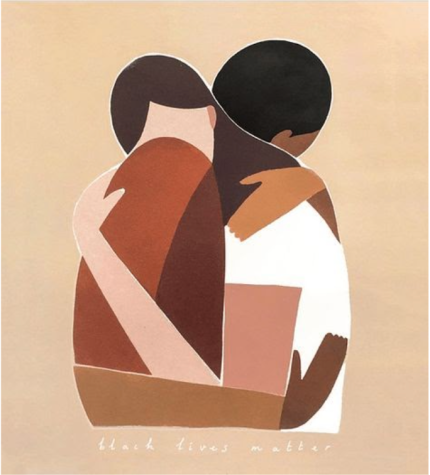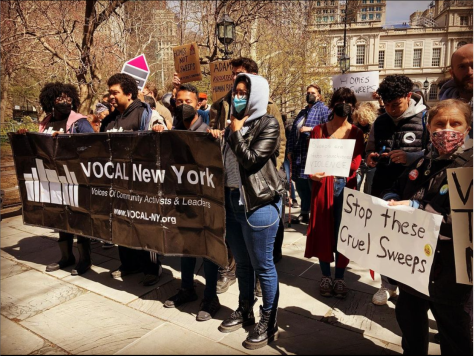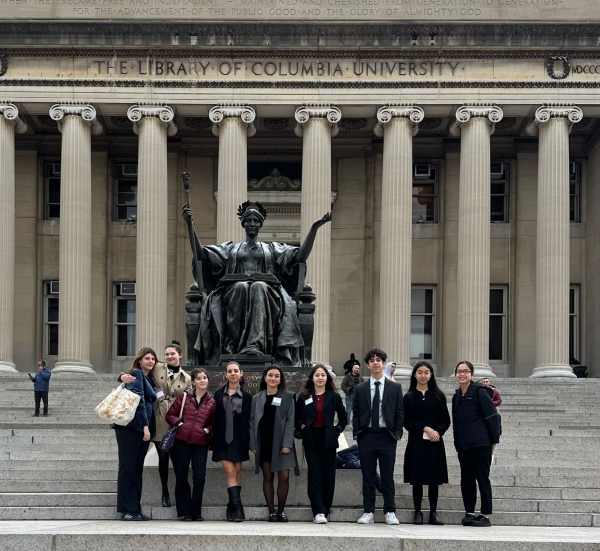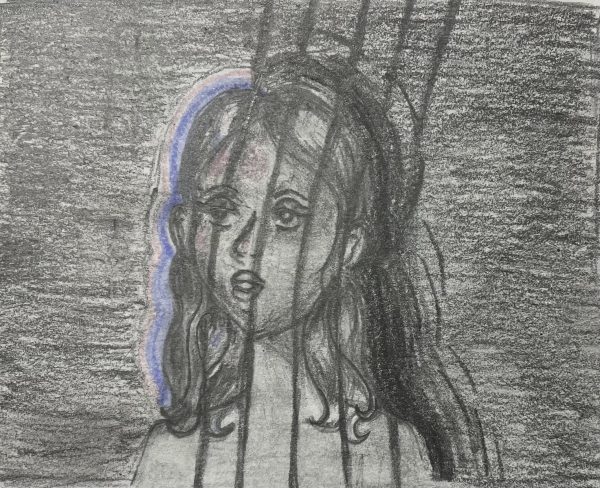EIB Conference on Feminism
In recent years, feminism has slowly become less stigmatized due to public debate opening up numerous conversations about the movement. However, feminism remains a nuanced concept with different connotations to different people. Some still view feminists as angry women who ‘hate men’ and ‘don’t shave’, while others see them just as women wanting the equal rights they deserve. This is why the Equity and Inclusion Board, a student-lead group promoting UN values and increasing the representation of marginalized groups within the UNIS community, is hosting its second annual conference on feminism. The EIB has made a point of organizing a conference every year in order to reach more people of the UNIS community who are not members of the organization. The 2022 conference will be held March 16 and 17 from 3:15 to 5:00p.m. and will be open to all Tutorial House students (there will also be food for those attending!). Unlike last year’s conference, which was hosted online around the theme of microaggressions, this conference will be held in person and will be optional for students to attend. Another difference from last year is that the conference will be facilitated by members of the EIB instead of teachers. However, the faculty will be able to attend briefly to listen to the speakers.
Over the span of two days, there will be four guest speakers and many activities and discussions. Given that the conference will be in-person this year, it will be activity-based; examples of what to expect if you attend include a roleplay, a step forward activity, and a “buying privilege activity.” In addition, there will also be three talks given by the four speakers which will all discuss topics connected to feminism and gender roles. On the first day of the conference Bishakh Som will speak on how gender norms should not be so black and white. On the second day, there will be three speakers attending: Gayatri Gopinath, Dee Mandiyan, and Jennelle Ramdeen. They will discuss how feminism does not equal matriarchy and how people of all identities relate to feminism.
Feminism in and of itself is a very broad topic, which is why the conference will revolve around intersectionality as well as gender norms and feminist theory. Intersectionality is the understanding of how marginalized groups can overlap. In the setting of this conference it will be the overlap of gender with race, sexual orientation, socieoeconomic class and more. Intersectionality, for example, is acknowledging the difference between women of different races and that the discrimination against them will vary according to their race. Essentially, the objective of the conference is to further help UNIS students understand feminism and everything that comes with it. By the end of the conference, the EIB hopes that people have learned something new concerning feminism and more clearly understand what feminism, gender, and intersectionality are. Furthermore, students should be able to understand what sex and gender are and why they are different, understand the differences between male and female gender norms, and comprehend why gender identity is important in society, and how it is different for different racial and ethnic groups. While the length of the conference may be short for the complexity of the topics discussed, this will be less like a true conference and more of a conversation where everyone will be listened to with many activities and short speeches. It is asked that all attendees come with an open mind and are willing to listen to everyone’s point of view. Generalizations, stereotypes, offensive jokes, and discriminatory slurs will not be tolerated. It is very important for everyone partaking in the discussions and activities to feel comfortable and for a safe environment to be formed.
Because it is vital for people with different perspectives to be able to share their views and experiences, the EIB encourages people of every gender to attend this conference. It is important for feminism, gender roles and intersectionality to be more understood by everyone, especially those who may be lacking some knowledge in this area. More understanding and change are still needed in every environment. This conference can be a step towards that goal in our UNIS community.

My name is Sofia and I am currently a T4 but I've been a member of UNISVerse since T1. I love reading, cooking, hanging out with my friends, and writing/editing...



